Positive Crankcase Ventilation ? PCV Valve Service at Elite Tire And Auto Care
October 20, 2019
Hello Livonia! Did you know that the first federally-mandated emissions control device was introduced in the 1960's? The Positive Crankcase Ventilation valve, or PCV valve, has been installed in Michigan vehicles since 1964 and represents the first legislation by the United States government to regulate harmful emissions as well as to improve performance in the country's vehicles.
The PCV valve, as you can probably guess, is located on the crankcase. The crankcase is the lowest part of a vehicle's engine. It houses the crankshaft and the engine oil. The crankshaft connects to the pistons that power the engine.
Pistons are pushed down when fuel is burned in an engine. This causes the crankshaft to rotate, which sends power to the transmission. It ultimately turns the axles and causes the vehicle to move. Some of the gases released by the burning fuel squeeze around the pistons and down into the crankcase.
If the escaped gases mix with the engine oil in the crankcase, oil sludge develops. This sludge has the consistency of petroleum jelly and can cause damage by clogging up passageways in the engine. Further, escaped gases can build up pressure inside the crankcase that can blow out seals and gaskets.
Before 1964, a hose was attached to the crankcase that vented escaped gases out into the air. These gases contained about 70% unburned fuel as well as harmful emissions. The PCV valve was designed to curb these harmful emissions as well as recapture unburned fuel.
The PCV valve is a small, one-way valve that allows escaped gases to exit the crankcase. The gases are then routed into the intake system so they can be re-burned in the engine. Fresh air enters the crankcase through a breather tube to facilitate this circulation and keep the air in the crankcase clean.
The PCV valve, like most working parts on a vehicle, will wear out over time. Usually it simply gets gummed up. Preventive maintenance, including routine oil changes at Elite Tire And Auto Care in Livonia, will extend the life of the valve, but eventually it will have to be replaced. A sticking PCV valve won't allow gases to circulate properly, which can increase pressure in the crankcase. Over time, that pressure will lead to oil leaks.
Your vehicle manufacturer recommends that a PCV valve be replaced every 20,000 to 50,000 miles (32,000 to 80,000 kilometers), depending on the vehicle and Livonia driving conditions. It's an inexpensive repair but may not be included in the maintenance schedule in your owner's manual. So if you're looking for auto advice about the PCV valve, you may have to ask our pros at Elite Tire And Auto Care.
Taking care of our PCV valve protects the environment in Michigan and improves vehicle performance. It's just part of good vehicle care for Livonia drivers and a way all of us can do our part to improve the world we live in.
Elite Tire And Auto Care
33729 Plymouth Rd.
Livonia, Michigan 48150
734.427.3100
Need Service?
More articles from Elite Tire & Auto Care

A Bright Spark (Ignition Coil Replacement)
March 30, 2025
Ever wonder how your vehicles engine is able to take the 12-volts from its battery and ramp that up to as high as the tens of thousands of volts it takes to fire its spark plugs? The secret is something called an ignition coil. Most newer vehicles have an ignition coil at each cylinder, but olde... More

Losing Your Cool (Why is My Air Conditioning System Not Working?)
March 23, 2025
When you turn on the air conditioning in your vehicle, you expect cool air to come out of the vents. You depend on it, especially in hot weather, but it can also be important in humid weather when you need it to help defrost your windows and windshield. The air conditioning system has a lot of p... More

The Part You've Never Seen (Flat Tires and Solutions)
March 16, 2025
They say your vehicle has one, but you've never seen it. And you might not even know it if you stumbled on it accidentally. We're talking about the jack, that tool that allows you to lift one corner of the vehicle up so someone can change a flat tire. So you say you'd never try to change a flat ... More











